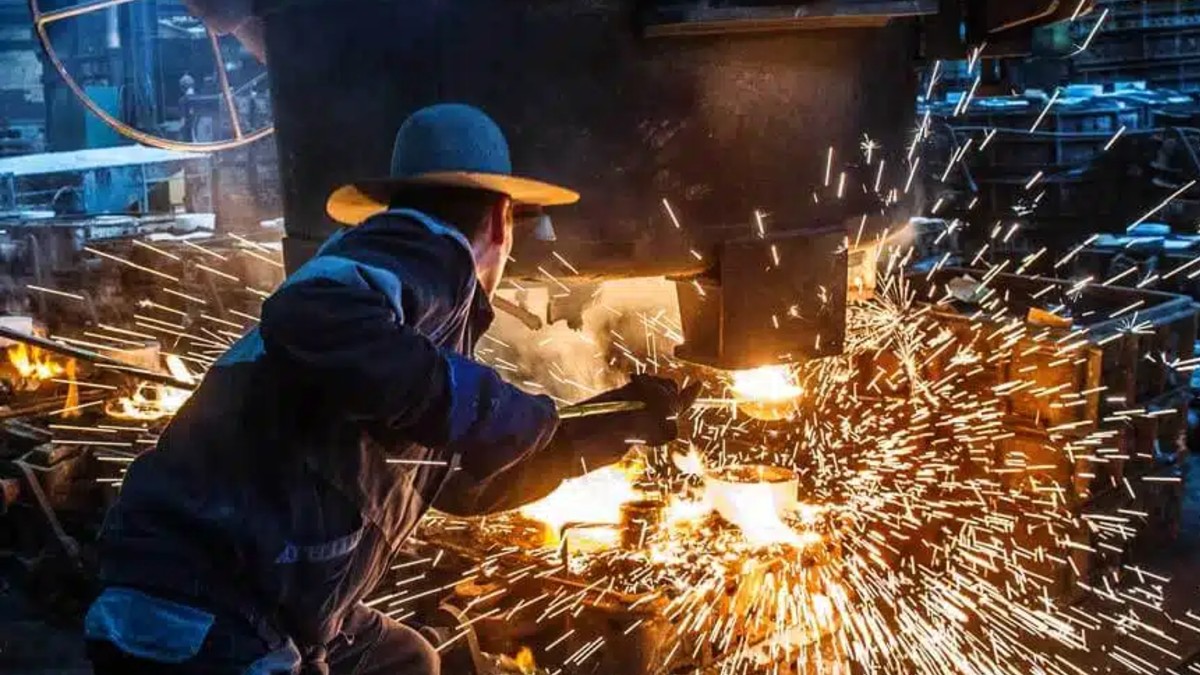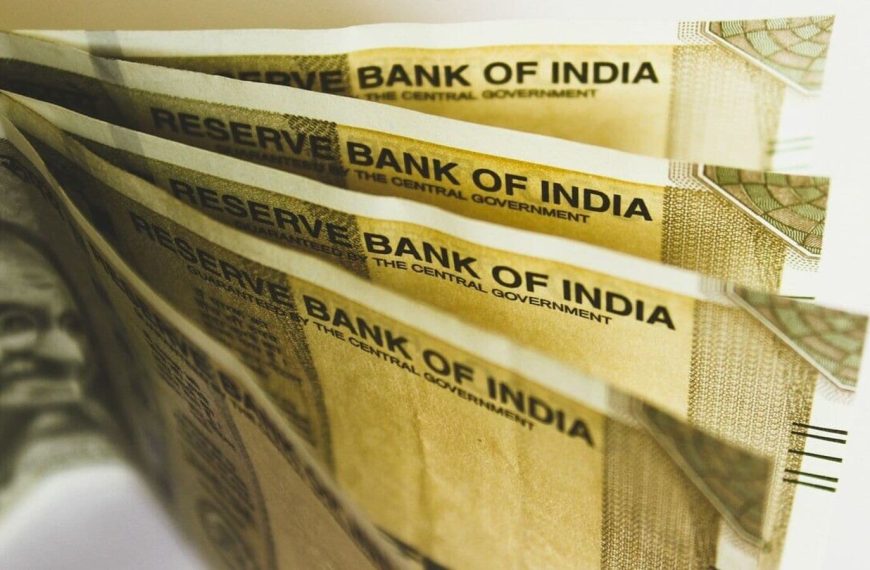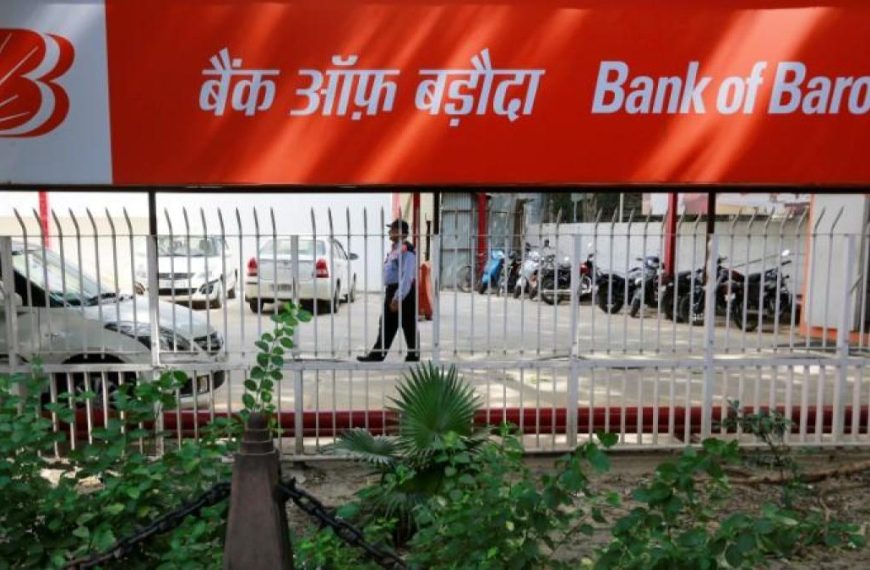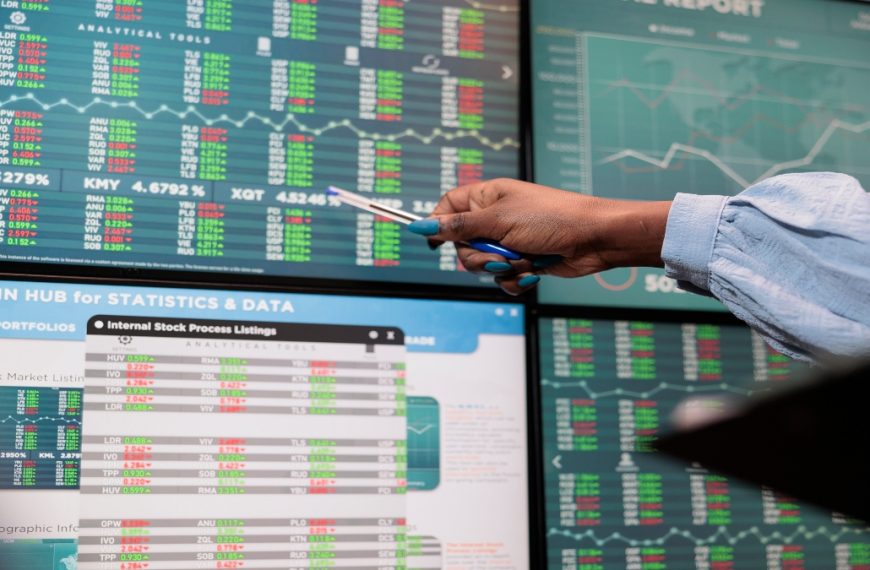This morning, investors are keenly watching the performance of metal stocks, particularly in the steel sector. Major players like SAIL, JSW Steel, and Tata Steel have shown impressive intra-day gains, soaring by nearly 4%. Both the Nifty Metal Index and the BSE Metal Index have reported increases of 1.4% and 1.5%, respectively. This positive momentum follows a significant recommendation from the Directorate General of Trade Remedies (DGTR) to implement a 12% provisional safeguard duty on certain steel imports, aimed at shielding domestic manufacturers from the rising tide of foreign steel imports.
Understanding the Safeguard Duty
The DGTR initiated an investigation in December of last year to assess the potential for imposing a safeguard duty due to unprecedented levels of steel imports, which prompted major steel producers to seek governmental intervention. The proposed duty will apply to specific products, including hot-rolled coils, steel plates, and cold-rolled coils. The Ministry of Steel is conducting an in-depth analysis to evaluate the damage inflicted on the local steel industry by these imports, with the investigation expected to take up to six months.
- Recent Price Trends: Domestic flat steel prices have surged by 5% in the past month, diverging from weaker regional pricing trends. This shift is largely driven by the anticipated safeguard duty.
- Import Parity Concerns: Current domestic prices are running 7-8% above import parity, suggesting limited room for further increases.
Expert Insights on Market Dynamics
Shrikant Chouhan, Head of Equity Research at Kotak Securities, points out that despite the recent price hikes, the broader steel market dynamics will heavily depend on ongoing trade policies and supply-side reforms from China. He emphasizes that while some recovery is expected in the fourth quarter of FY25, the risk-reward scenario favors non-integrated producers like JSPL and JSTL over integrated firms such as SAIL and Tata Steel.
Historical Context of Safeguard Duties
Historically, the Indian government imposed a 20% safeguard duty on hot-rolled coils in FY16 during an anti-dumping investigation. Following this inquiry, the safeguard duty was lifted, and an anti-dumping duty was instead placed on imports from China in FY17. This precedent illustrates the government’s ongoing commitment to support domestic manufacturers facing pressure from international competition.
Market Predictions from JPMorgan
A recent report from JPMorgan has characterized the newly announced 12% safeguard duty as a positive development for Indian steel companies. It is projected that this measure will increase the landed cost of imports by approximately ₹5,500 per tonne, though the impact on domestic prices may be more muted, potentially rising by around ₹2,000 per tonne. Consequently, JPMorgan anticipates an upward revision in earnings estimates for FY26, given the expected flow-through to EBITDA.
Nomura’s Outlook on Steel Prices
In a report released on March 6, Nomura identified potential challenges for domestic steel producers, noting that the reopening of supplies from Australia could lead to a decline in global iron ore prices. They predict that a ₹600 per tonne increase in iron ore prices could lead to a ₹1,000 per tonne rise in production costs for converters like JSW Steel and Jindal Steel & Power. However, they believe integrated players like Tata Steel and SAIL may be better positioned in this evolving landscape. Nomura maintains a positive outlook on the Indian steel industry, reiterating its Buy ratings on JSW Steel and Jindal Steel.
As steel stocks continue to gain traction amidst these developments, investors remain optimistic about the long-term prospects of the sector, particularly with the safeguard duty providing a protective buffer against foreign competition.











